
Share
Share
Share
Starting your first year of home education can be a daunting prospect. But you can sail through your first back-to-school-at-home fall by keeping three simple steps in mind. In order:
- File the proper paperwork with your local school board.
- Choose texts for your core subjects.
-
Now you’re ready to get started with homeschooling.
A few tips for each:
1. File the proper paperwork with your local school board.
- Don’t take a shortcut and skip this one. Be open and clear about your plans.
- See “Notifying Your Local School“ for details.
2. Choose texts for your core subjects.
- Don’t plan a first month of school that involves eleven or twelve different subjects. To start with, simply choose texts for your core subjects. Don’t even think about adding in “non-core” electives until you’ve successfully completed at least five or six weeks of home schooling the core subjects.
- Don’t worry too much about your curriculum choices during this first year. You won’t really know what approaches and styles suit your child until you’ve gotten a few months of home education under your belt. Think of this first year as a time to find your feet and don’t panic about “doing everything correctly.” Give yourself permission to follow a learning curve.
- Don’t get hung up on methods. In other words, don’t paralyze yourself fretting about whether you should home school classically, or with unit studies, or follow Charlotte Mason or Waldorf principles, etc. You won’t really know what methods and styles fit your family best until you’ve spent some time in the home schooling trenches. (This metaphor does not imply, in any way, that home education is as difficult as ground warfare in occupied Normandy.)
- If you’ve pulled your child from a difficult or toxic classroom environment, be sure to give him at least a month to relax and “detox” before starting back to school. Don’t plunge immediately into the new schooling situation.
3. Now you’re ready to get started with homeschooling.
- Remember that you’re at home, not school. Try to keep to a productive routine, but don’t try to duplicate a classroom environment. If the classroom had been working well, your child would still be in it.
- Consider starting your first weeks with just math and language arts. Get in a good pattern of completing these vital skill areas before adding in the rest of the core subjects. Home education is a huge adjustment–take the time to get used to having your child at home and working together on academic subjects before you attempt a full slate of studies.
- Remember that home education, like parenting, has good days and bad days. Sometimes you’ll enjoy your time together immensely. Sometimes, you’ll want to quit. That’s normal. Relax and don’t read too much into the bad days.
- Remember that you can take a day off and just enjoy each other’s company. You are free to set your own pace and schedule.
- Talk to other home schooling parents so that you don’t feel alone.
Recommended Products
-
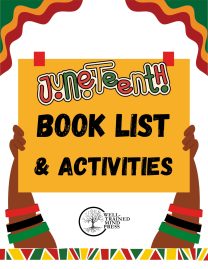
Juneteenth Booklist & Activities
0 out of 5$0.00 Add to cart -
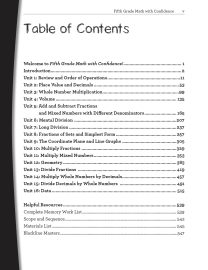
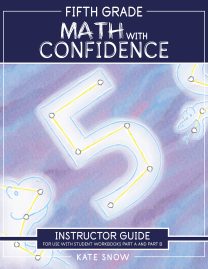
Fifth Grade Math with Confidence Instructor Guide
0 out of 5Starting at:$36.95Original price was: $36.95.$27.71Current price is: $27.71. Select options -
Sale!

Hansel & Gretel and Other Stories: Downloadable MP3
0 out of 5$12.95Original price was: $12.95.$9.71Current price is: $9.71. Add to cart -
Sale!

Dorothy and the Wizard in Oz: Downloadable MP3
0 out of 5$25.95Original price was: $25.95.$19.46Current price is: $19.46. Add to cart -
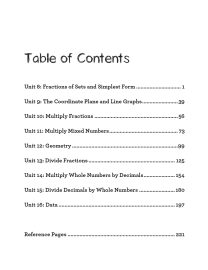 Sale!
Sale!
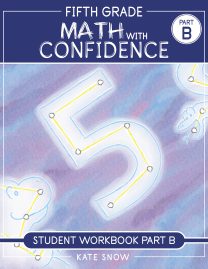
Fifth Grade Math with Confidence Student Workbook B
0 out of 5$16.46 – $21.56 Select options This product has multiple variants. The options may be chosen on the product page -
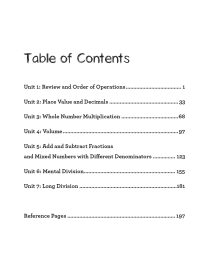 Sale!
Sale!
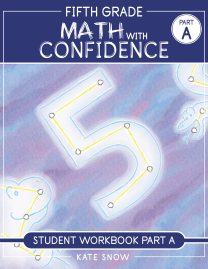
Fifth Grade Math with Confidence Student Workbook A
0 out of 5$16.46 – $21.56 Select options This product has multiple variants. The options may be chosen on the product page
ABOUT THE AUTHOR
Susan Wise Bauer
Susan Wise Bauer is an educator, writer, and historian. She is the co-author of The Well-Trained Mind: A Guide to Classical Education at Home (now in its fourth edition), and the author of (among others) The Well- Educated Mind, The Story of Western Science, the Story of the World series, the History of the World series, the elementary series Writing With Ease, and the pre-rhetoric series Writing With Skill. Susan was home educated through high school and has taught all four of her children at home. She has a B.A. and M.A. in English language and literature, an M.Div., and a Ph.D. in the history of American religion from the College of William and Mary in Virginia, where she taught writing and literature for over fifteen years.
SUBSCRIBE TO OUR NEWSLETTER
Join over 100,000 homeschooling families
For the latest offers, educational insights, products and more.
By joining you agree to our privacy policy.






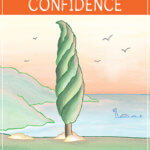

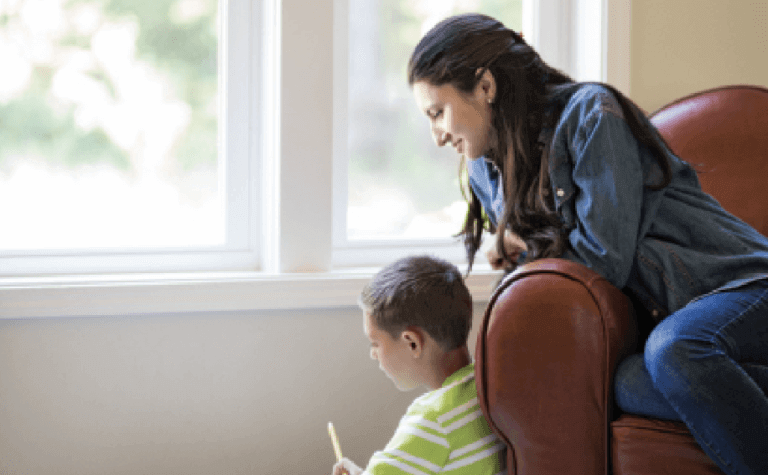











1 thought on “How Do I Get Started with Homeschooling?”
I have a child that is very hyperactive and he is going to k4 which is very relaxed. He is very smart. He can count to 100 by ones and tens. He knows colors and shapes can spell his name and sloppily write it I have noticed that he forms letters incorrectly but still forms them . I would love to read this book and determine if homeschooling would be beneficial to us.